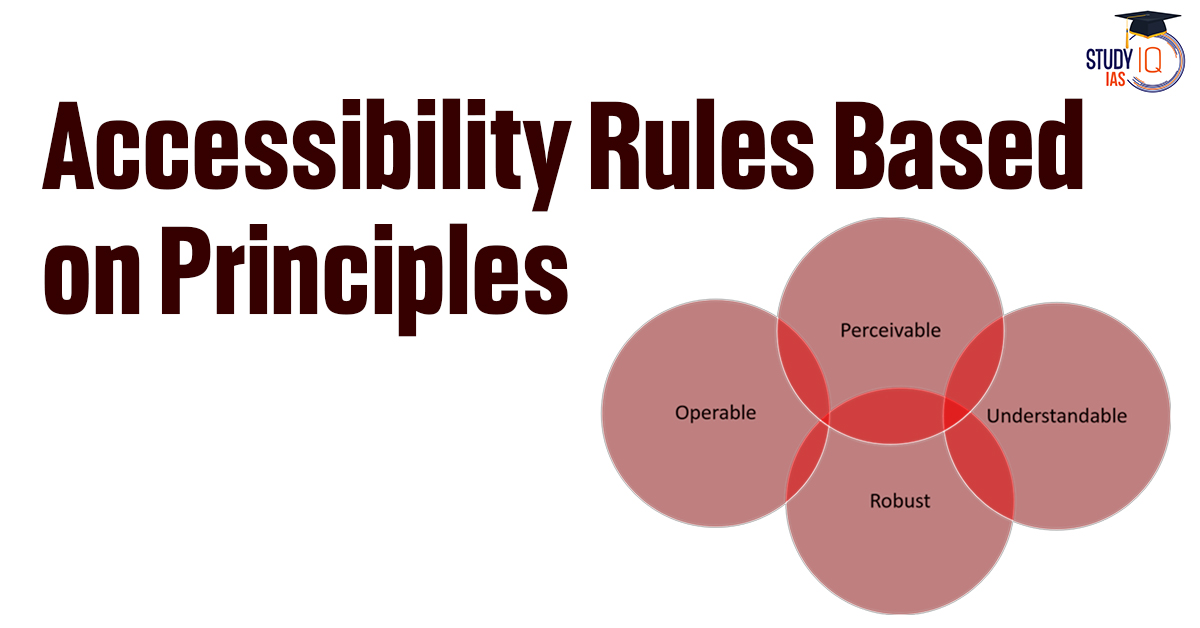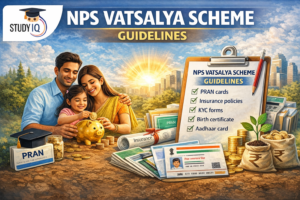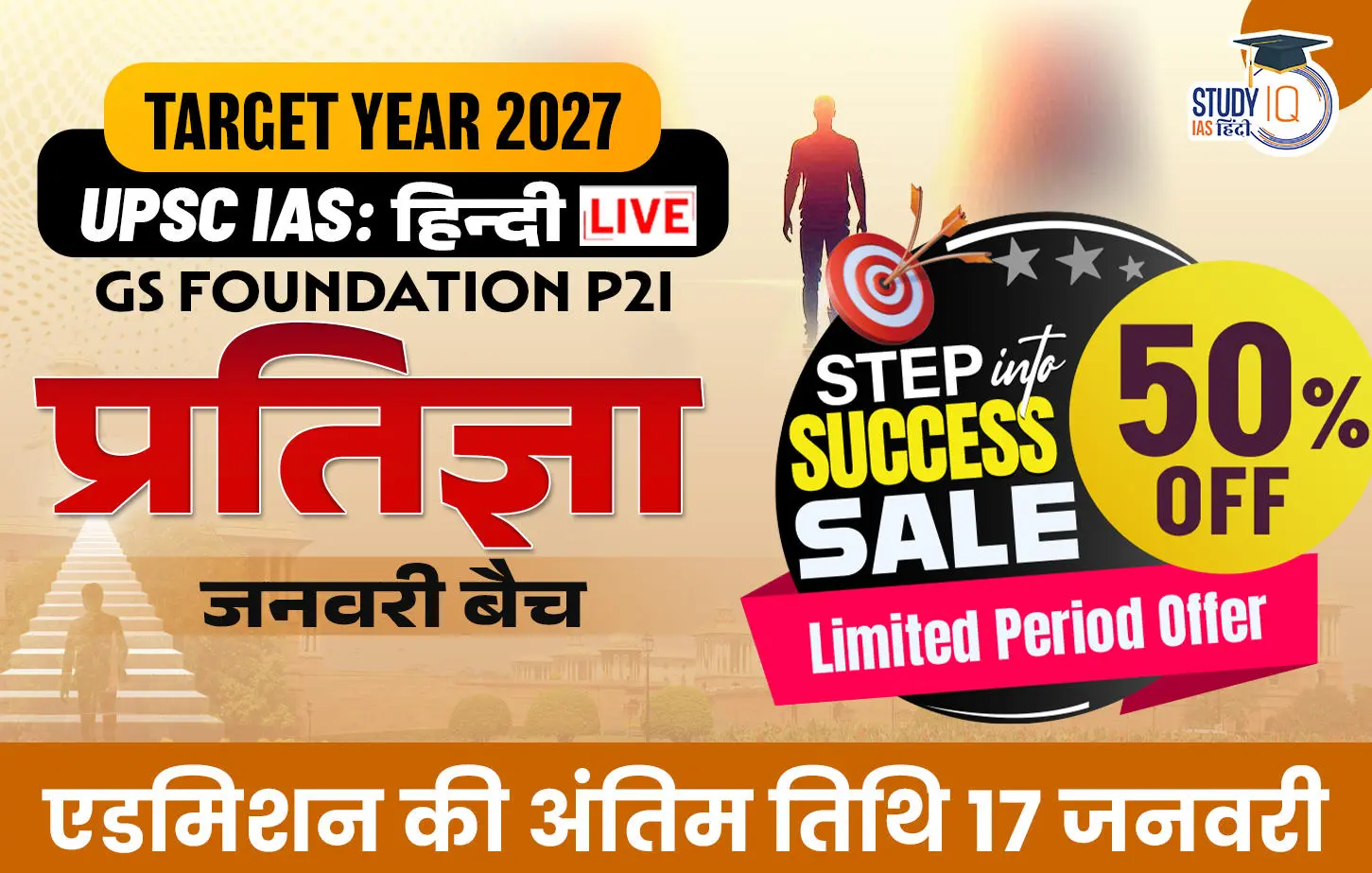Table of Contents
Context: The Supreme Court, in Rajive Raturi v. Union of India (2024), held Rule 15 of the Rights of Persons with Disabilities (RPwD) Rules, 2017, violative of the Rights of Persons with Disabilities Act, 2016.
Issues Identified by the Court in Rajive Raturi v. Union of India (2024)
- Discretionary Nature of Rule 15: The Supreme Court found that Rule 15 of the RPwD Rules, 2017, was drafted in a discretionary manner, which contradicted the mandatory obligations set forth in the RPwD Act, particularly Sections 40, 44, 45, 46, and 89.
- This inconsistency undermined the legislative intent to ensure comprehensive accessibility for persons with disabilities (PWDs).
- Loss of Statutory Authority: Striking down Rule 15 meant that the accessibility guidelines notified under this rule would lose their statutory authority, creating a significant gap in legal enforcement for accessibility standards across various sectors.
- Fragmented Guidelines: The Court criticized the existing guidelines for being created in silos without a cohesive framework, leading to confusion and inconsistency regarding compliance with accessibility standards among different ministries and departments.
- Lack of Immediate Minimum Standards: The existing guidelines were noted to establish long-term goals without setting immediate minimum standards for accessibility, which hindered timely implementation.
- Intangible Barriers: The Court recognized that while the RPwD Act acknowledges intangible barriers such as attitudinal challenges, existing frameworks often fail to address these adequately.
- Bureaucratic Complexity: Previous rules suffered from bureaucratic complexities and contradictory mandates from multiple ministries, leading to increased compliance costs and delays in relief for PWDs.
- Need for Systematic Audits: Absence of standardised guidelines for the scope and methodology of social audits under Section 48 of the RPwD Act.
- This led to inconsistencies across states and insufficient auditor training.
Recommendations by the Court
- Development of Mandatory Rules: The Court directed the Union Government to frame mandatory accessibility rules as required under Section 40 of the RPwD Act within three months.
- This involves segregating non-negotiable rules from existing expansive guidelines.
- Stakeholder Consultation: The process of developing these new rules should involve consultation with all stakeholders, including organizations representing persons with disabilities, ensuring that their perspectives are considered.
- Progressive Compliance: While new mandatory rules are being developed, the government must continue making progress towards existing targets under the Accessible India Campaign without interruption.
- Establishment of Baseline Standards: The Court emphasized the need for establishing a baseline of non-negotiable accessibility standards that must be adhered to across all sectors.
- Systemic Inclusion Measures: Recommendations included implementing measures for systemic inclusion such as:
- Disability-friendly public infrastructure.
- Sensitization training for public sector employees.
- Accessible education and transport systems.
- Regular Social Audits: The Court mandated annual audits to assess progress on accessibility initiatives and ensure accountability in service delivery.
- Simplification of Guidelines: New accessibility rules must be direct, understandable, and practical to enhance effective implementation while addressing bureaucratic complexities.
- Nodal Authority Establishment: A nodal authority should be designated to streamline jurisdiction issues among various departments regarding compliance with accessibility standards.
- Phased Realization of Accessibility Goals: The Court suggested adopting a phased approach to realize accessibility goals over time, similar to international models like Canada’s roadmap for achieving full accessibility by 2040.
| Related Articles | |
| Inclusion of Person with Disabilities | Persons with Disabilities |


 India’s Data Centre Capacity More Than...
India’s Data Centre Capacity More Than...
 NPS Vatsalya Scheme Guidelines Released ...
NPS Vatsalya Scheme Guidelines Released ...
 Responsible Nations Index (RNI): India�...
Responsible Nations Index (RNI): India�...

























